|
7/22/2024 0 Comments Medium: A New Home for My ThoughtsThis year, I decided I just couldn't keep going without an audience. In May, I posted my first personal essay on Medium, a subscription website that welcomes writing from all people, on all topics. Getting my books published is still my principal goal, but I really enjoy crafting short-form pieces for this online community. As an added bonus, there are no ads and no spammy self-promotions on Medium, and no AI-written pieces, as far as I can tell. Just ideas and reflections from professional and hobbyist writers, and a simple process that democratizes their distribution.
Time being a limited commodity, it's unlikely I'll blog very much over here. But if you're a Medium member, you can read my memoir of a trip to California in Travel Memoirs, or my thoughts on the intersection of household life and creativity in Know Thyself, Heal Thyself. I don't plan on posting links to every single article, so just find me at medium.com/@elenavalewahl_73956. And please, check out some other fabulous writers making sense of our world on the platform, too. I'm learning something new every day over there.
0 Comments
1/15/2024 0 Comments Camp Earl WallaceSo, writing about your own life always leaves you feeling a little naked. This essay was part of the level:deepsouth online anthology curated by creative writing teacher Foster Dickson. Sadly, the anthology went offline in December of 2023. But if you want a laugh and some 80s nostalgia, take a look. This was originally published in July of 2020.
Camp Earl Wallace His name was Mr. Prichard, and I looked forward to his visits so much that my classmates joked I had a crush on him. I was indignant, of course--I didn’t have a crush on some mustachioed guy in a Ranger Rick outfit! It was the 1986–87 school year, and we were in fifth grade. Mr. Prichard, from the Kentucky State Department of Fish and Wildlife, visited our class every week for conservation lessons. I already loved the Great Outdoors, so he was just closing the deal on something I was already sold on. A couple of years earlier, I’d been a Pixie at Boy Scouts’ Camp Covered Bridge. and absolutely hated being stuck in that cheesy-ass program for younger siblings of Webelos. I’d tried Girl Scouts and did a couple weeks at Camp Pennyroyal, but quit in fourth grade. If it wasn’t bad enough that my troop turned into a Mean Girl convention, I was sorely disappointed that none of the moms in charge wanted to do the outdoor venturing promoted in my paperback Girl Scout handbook. No, I wanted to be a Boy Scout, dammit! I loved the rustic two-man tents, the promises of long and grueling hikes, the fire ring where cute older boys did slightly off-color skits, like “The Overweight Outlaw,” that would never fly in my son’s troop today. So, when Mr. Prichard offered us a week at Camp Earl Wallace, I jumped at the chance. It was all the high-adventure stuff of Scouts without the uniforms, and even came with a Holy Grail: The Outdoorsman Badge. And, man alive, did he pump up that Outdoorsman Badge. In order to get it, you had to earn nine smaller badges in skills as diverse as skeet shooting, first aid, and motorboating. That Outdoorsman Badge was the first thing on my mind when I shoved the camp registration in my mom’s face that night. She smiled bemusedly, saying, “I need to talk to your father.” I knew the budget was the big issue, since I was always begging for new enrichment activities. But since this was the only sleep-away camp I’d asked for that summer, she gave me a “yes” by the next day. Somehow, between my dad’s construction-worker paycheck and her assortment of odd jobs, they managed to pay for most of what I wanted. On a sultry morning in July, we met the school buses in the parking lot at the Louisville Zoo. A couple of classmates joined me for the week. April, who was smart as a whip and good at everything she tried, had been my friend since first grade. Her dark-blond hair hung in one of those blunt cuts that never go out of style. In contrast, her mother Frieda’s heavy brown mane seemed like a ’70s holdover. Frieda worked as a dietitian in Louisville, but had roots in Eastern Kentucky. I did too, but the only hillbilly family reunion I ever attended was for Frieda’s family, not mine. Tamara, a tall, confident black girl, was new to our downtown magnet school. Louisville was very segregated, and I couldn’t tell you where Tamara lived. But she seemed like someone who was going places in life. I envied her self-assurance, and the way she seemed more comfortable in her pubescent body than I did in mine. While April and I were not rich, our families worked hard to instill good manners and an appreciation for education and culture. We didn’t yet know that some of our campmates were from a rougher, tougher side of the city. But we were about to get an education. Our cabin was enormous. I honestly think it held at least thirty bunk beds. Our counselor, Jennifer, had an un-bunked bed in the middle, right across from the door. She lounged on it, her permed brown hair hanging to the side, as we dragged in duffel bags and bed rolls. And on the knotty pine wall, I spotted the following lovely poem, penned in Sharpie: "One night of pleasure, nine months of pain, three days in the hospital, a baby to name, A girl pulls down her reputation, a boy sticks in his education, and that’s what making love is all about.” Well. I already knew where babies came from, but geez. We weren’t even sixth graders yet, so the graffiti made me wonder which cabin-mates were hanging with a fast crowd. But there wasn’t much time to reflect on knotty-pine sex ed. We had badges to earn. The camp divided us into smaller groups at badge stations, where we got a warning-laden overview of each outdoor skill, and were then turned loose. Casting a reel was easy, despite being terrified by tales of kids landing fish hooks in eyes and hands. I’d gone fishing with my dad, digging worms out of the garden and putting them in a coffee can, so that was old hat. Next, I fell in love with skeet shooting. The shooting instructor, an old country boy with three days’ stubble, showed me how to line up the fat sights on a shotgun and shatter a clay pigeon. It handled a lot easier than Dad’s pistol, and the pieces splintered with a satisfying crackle. It was like breaking dishes, but with no yelling from Mom. Badge sessions were broken up with meals and canteen, when the snack bar was open. Because the State of Kentucky operated the camp, everything came to us at-cost. I could get a Mountain Dew and a Snickers for only a quarter each, when the going rate at Wish’s Drug Store was fifty cents apiece. Swimming was another diversion. A chain-link fence surrounded the pool, but the bath house lacked enough stalls for the large groups of girls. I remember changing in an open field, a few girls holding up towels to shield us from the male counselor in the lifeguard chair, who wasn’t looking at us anyway. “We’re all girls” was a rallying cry, and changing clothes in front of same-sex peers was a badge of honor. Plus, showers were the old- school kind: three spigots with no dividers. The water had two temperatures: ice-cold or hot as hell. I remember April, Tamara, and I sticking in one arm or leg at a time, squealing in pain, and frantically turning the knobs. As the week wore on, however, a bit of darkness crept in. I could tell some of the girls were talking about me, snickering behind raised hands. I was skinny, awkward, and too eager to be cool. In fourth grade, I’d been separated from April and the other two girls in my friend group, and placed in a fourth-fifth split class with a bunch of kids who were new to our school. Those that weren’t tough and fast fell into step behind the ringleaders. The first semester, a girl named Dara was the bullying target. After Christmas, it was me. It rattled me to such a degree that even the next year, when I rejoined my friends in a fifth-grade-only room, I felt I constantly had to jockey for position, worried that other friendships held with a faster glue. In idle moments, I perused the knotty-pine walls of the cabin, reading more naughty graffiti, curious about the bad kids who had penned it. One stuck out at me. “Stacey hates Titty Babies.” I turned to Brandi, a petite girl with the permed bob and teased bangs so many girls wore in ‘87. “Hey, what’s a titty baby?” She smirked. “Oh, just somebody who cries all the time.” I bit my lip. Clearly, she thought I was one, as did her friends, who giggled in the background. At home, I was the only girl, and I could cry myself to sleep in my room, without anyone knowing. But at school, I often got upset when I was overlooked or criticized, and once the tear spigot opened up, it was impossible to turn off. My crying jags were first identified as a problem in second grade. I remember a meeting after school, where my teacher confidently announced to my mother and me, “We’re gonna have this under control by Christmas break.” But three years on, it wasn’t under control. It was getting worse. And I’d developed perfectionistic tendencies that exacerbated my emotions. Outdoors camp sounds like a great place for a kid to de-stress. But my self-imposed pressure to excel at everything was fanning my anxiety into flames. As I recall, Camp Earl Wallace gave us just two sessions to master each outdoors skill before taking our badge evaluation. Often, the counselor in charge would give us a pointed warning of what not to do right before the eval. I still remember the boating instructor saying, “Whatever you do, do not put the boat in reverse when you start the engine, ’cause you’ll run the boat into the dock.” And what did Elena do? Ran the boat right into that dock, with a solid “THWACK” against the rubber bumper. Laughter from my peers. Immediate disqualification. And there went my Outdoorsman Badge! But then again, I lacked the arm muscles to pull the bow back for Archery, and couldn’t do the crawl stroke well enough for Swimming. April, of course, got the Outdoorsman. And if I remember correctly, Tamara got hers, too. And this budding perfectionist was so, so salty about being bested by them. But there was another prize waiting for me at Camp Earl Wallace. At dinner, the camp director announced a Talent Show. Anyone could enter, and it would be the last night of camp. The girls started to buzz around the bunk beds, asking each other, “What are you gonna do?” I knew I wouldn’t get tapped for a group routine—after all, they didn’t like me enough. But maybe, just maybe, I could perform alone. I’d never sung a full solo before, just a one-liner in a church musical. And even that, I’d gotten by violating a social norm (which was kind of becoming my thing). “Elena,” the youth choir director said when he cornered me. “You are singing way too loud. I mean, your voice sticks out above everyone else’s. If you want a solo, we can do that for you, but you gotta back off a little.” He said I was loud. He didn’t say anything about being good. And at my school, April and her best friend Julie were the ones who wrote songs and performed them in front of the class. Everyone saw them as singers, not me. But could I change that? And what song was good enough? I looked no further than Heart’s Anne and Nancy Wilson, the big-haired queens of girl-power rock. Their over- emotive ballads were just as angsty as I was. And which song? “Alone.” You see, I was already boy-crazy, and the thought of cornering one of my many crushes, confiding my true feelings, and maybe, just maybe having them return my affections was a page out of my fantasy book. So for two whole days, I snuck off to the woods around Camp Earl Wallace, wailing, “Till now, I always got by on my own, I never really cared until I met you . . . ” The Show became my new Holy Grail. If I couldn’t be an Outdoorsman, maybe I could be a performer. On the last afternoon of practice, I ran into a snag. My mom and dad had sent a few dollars with me for the canteen snacks, dollars I watched like a hawk. Nicole, a heavy girl with long, brown hair, had bummed a quarter off me at canteen a couple days before. She was sitting on the front porch of the cabin when I spotted her. “Hi, Nicole, can you pay me back the quarter I loaned you?” “I ain’t payin’ you back. You’re the one who gave me the quarter.” “But you’re supposed to pay me back!” “So what? It’s just a stupid-ass quarter! What’re you gonna do, sue me?!” Foolishly, I tried to get some other girls to take my side on the matter. They either ignored me or laughed. “But it’s not fair!” I wailed. In my heart of hearts, I knew I was being ridiculous, but I couldn't get over my indignation at how rude she was. It wasn’t just that I was almost out of canteen money. I was tired of people being snotty and getting away with it. Counselor Jennifer was nowhere to be found, so I stalked my tear- streaked face up to the nurse’s station. Miss Connie, a country sort of woman, listened to my whiny diatribe about the quarter while she bandaged up somebody’s skinned knee. After a couple minutes, she’d had enough. “Ilonna,” she said, mispronouncing my Spanish name like so many Kentuckians did, “it’s just a quarter. For crying out loud!” “But she was mean and it’s not fair!” “Well, whoever said life was always gonna be fair?! I got kids in here who need medical attention and you’re cryin’ about a quarter. Here, I’ll give you one.” With a sigh, she fished her purse out of the desk drawer. As I recall, I accepted the coin she pushed into my hand with a ‘thank you,’ but it really wasn’t what I wanted. I’d lost the battle, and could only hope everybody forgot about me crying. Some kids would’ve backed out of the Talent Show at this point. I mean, hadn’t I embarrassed myself enough? But my emotional eruption only made me more determined to go through with my solo. I had something to prove. I didn’t want that brat to feel like she’d gotten me down. And I wanted to be remembered as the girl who could sing, not as the Titty Baby. That night, I was a nervous noodle, wiping my sweaty palms on my shorts, pacing around. The Talent Show was quite informal. There was no real stage, just a sea of hyper girls gathered around the flagpole. Performers gave their name and song title to the MC, and waited to go to the middle of the crowd. I remember a girl named Jamie who went before me. The crowd roared their approval as her name was announced. Petite, her hair perfectly poufed, she slouched in her acid- washed jeans as if to say she was too cool for her mama’s warnings about posture. The floodlights reflected off of her Ray-Bans as she brandished a small boombox. She pressed play and lip-synced Bon Jovi’s “Never Say Goodbye.” Her performance, and the crowd’s reaction, just increased my nerves. I wished I had brought a tape. I wondered if the crowd would be as excited to hear from me, or if they’d boo because I was a titty baby. But then again, I rationalized, Jamie didn’t even sing. Maybe people would be impressed with me. And then, they called my name. And it was just like standing in line for The Beast at the Kings Island amusement park. There was no backing out. I was gettin’ on this coaster. I cleared my throat and swallowed, blocking out the giggles and whispers. “I hear the ticking of the clock, I'm lying here, the room's pitch dark... I wonder where you are tonight, No answer on the telephone... And the night goes by so very slow... Oh I hope that it won't end though... Alone...” Gulping another breath, I wailed the next section: “'Til now I always got by on my own I never really cared until I met you And now it chills me to the bone How do I get you alone? How do I get you alone?” My voice cracked on the high pitch of the melisma before the final chorus, but I kept on belting until the final “Alone!” rang out across the crowd. And as the MC congratulated me, I took my place back in the crowd, wiping away tears. Not because they bullied me or because anything wasn’t “fair.” I was crying happy tears because I was proud of myself. I sang the whole song. Was it perfect? No. But did I do something not everyone had the cajones to do? Hell yeah. Just a couple days after Camp Earl Wallace, my mom put my brothers and I on our first airplane flight for a trip to Disney World. My dad didn’t attend. That fall, my parents split up. At thirteen, I was diagnosed with clinical depression, which explained my fits of anger and crying jags. However, I didn’t learn to manage my symptoms well until I was in my 30s. I kept singing through the tears. Eleven years after that camp talent show, I performed in a vocal recital for my music degree. There were arias in French, German, and Portuguese, but no hits from Heart. Today, I teach music for a living, and I have a YouTube channel with a few solo tracks. Earlier this week, I bumped into Mr. Prichard on the Facebook page for Camp Earl Wallace. I still love the Great Outdoors, so much that I became one of only two female leaders in my son’s Boy Scout troop. In effect, I got my childhood wish for scouting adventures. But not my wish to chaperone camp this summer. COVID-19 shut it all down. But I still live by my own version of the Girl Scout Law: “On my honor, I will try . . . to not let my voice crack on the high notes, and not let the Mean Girls get me down . . . and not run my motorboat into that gol’dang dock!!!” While I am still actively working to sell EAGLE OR DIE and ROCK UNSTEADY, I’m also knee-deep in a new project. Last night, I finished the first draft of the first section, “Liesel,” and have started on “Barbara.” I’m not ready to give many details, but this project will involve recipes, poetry, and text messages. I’m coloring outside the lines a bit. It’s what I need to do to grow. Credit to Dr. Tom Romano, my writing professor at Miami University of Ohio, for planting that seed.
|
Elena Vale WahlI blogged much more when my kids were small. Hoping my quality supplants quantity. Archives
July 2024
Categories |
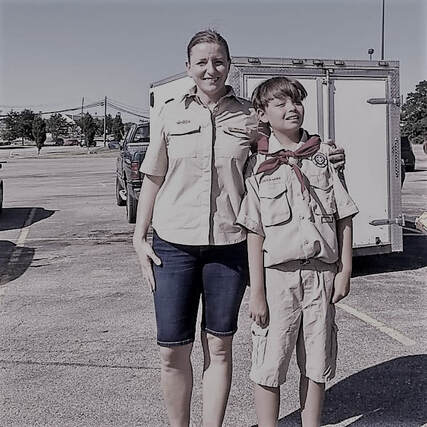
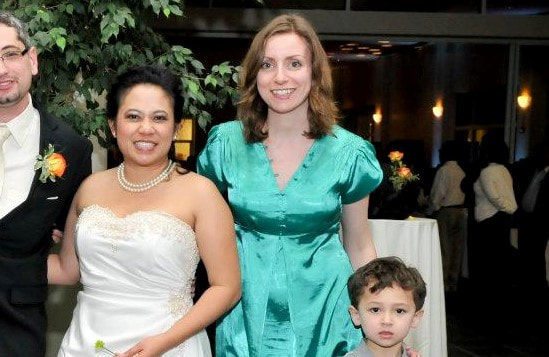
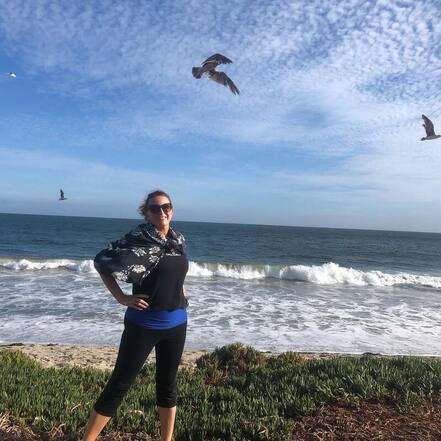

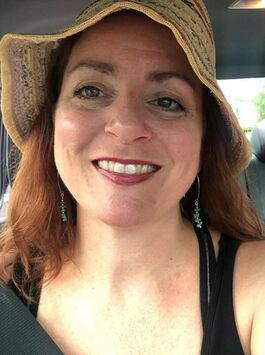
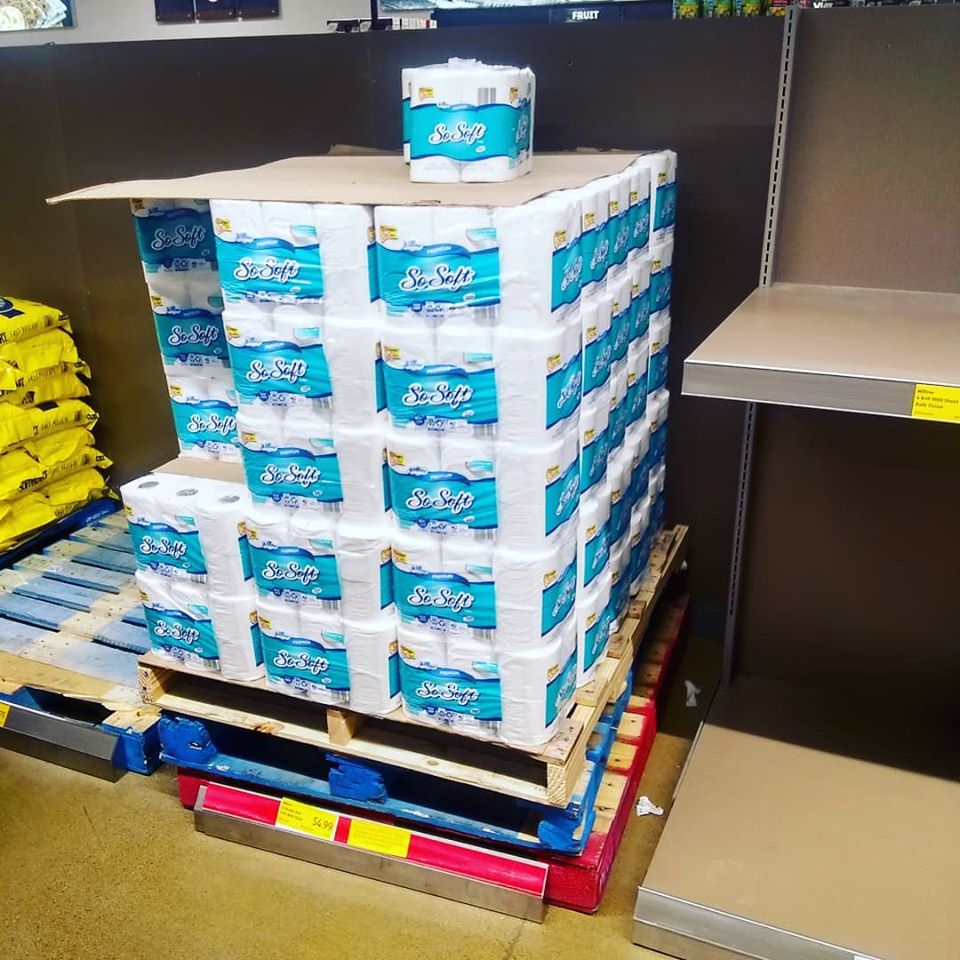

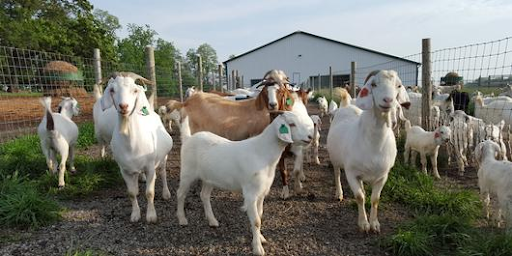
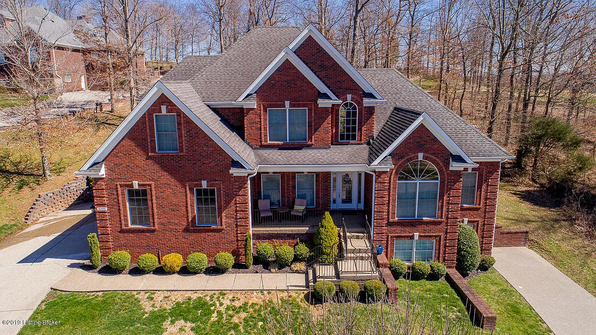
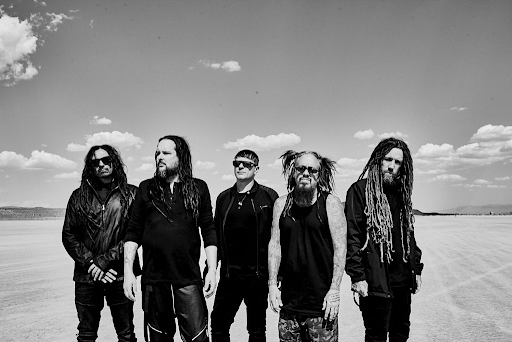
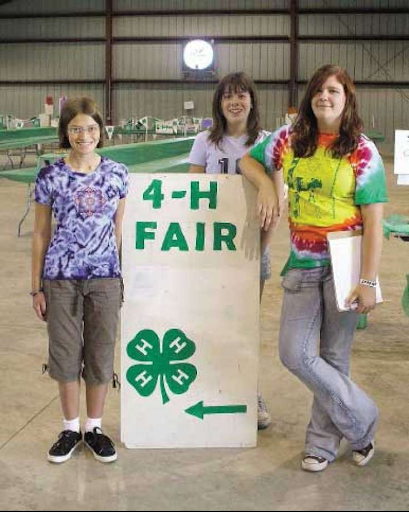
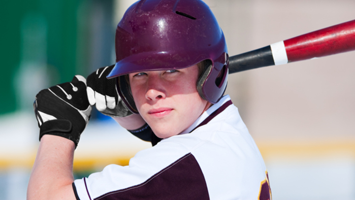
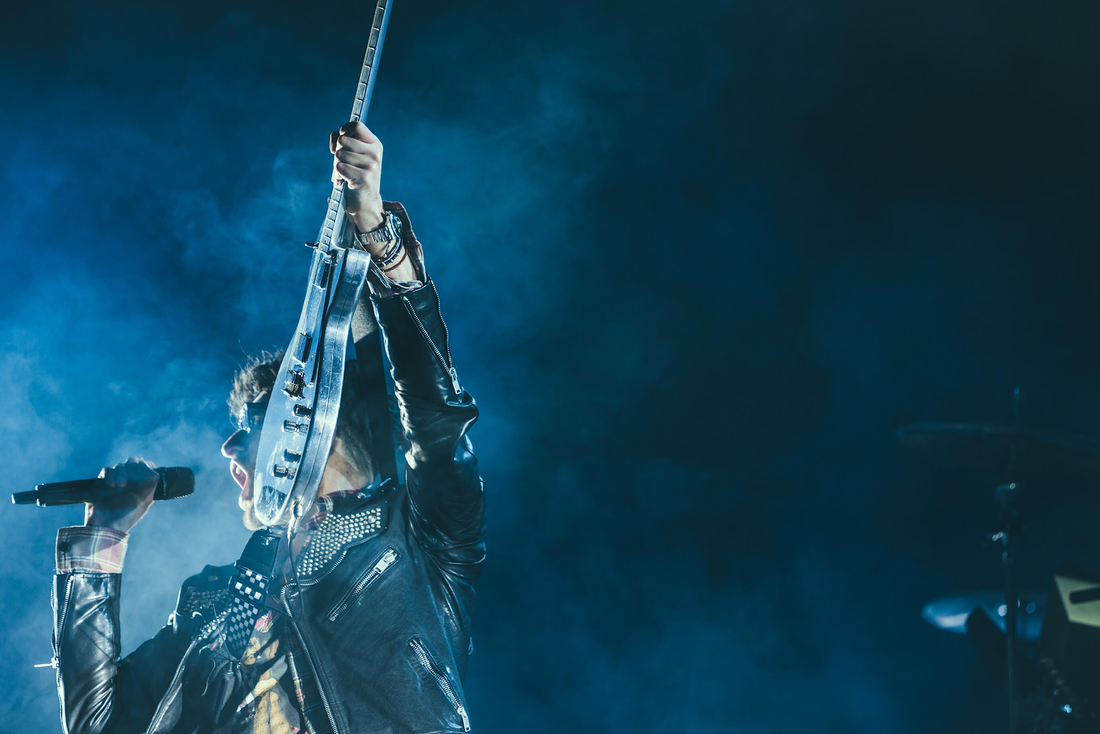
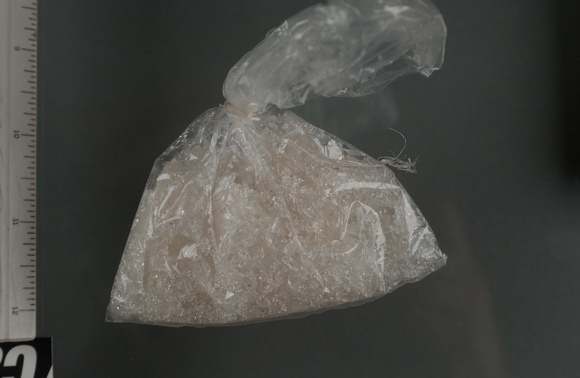
 RSS Feed
RSS Feed
